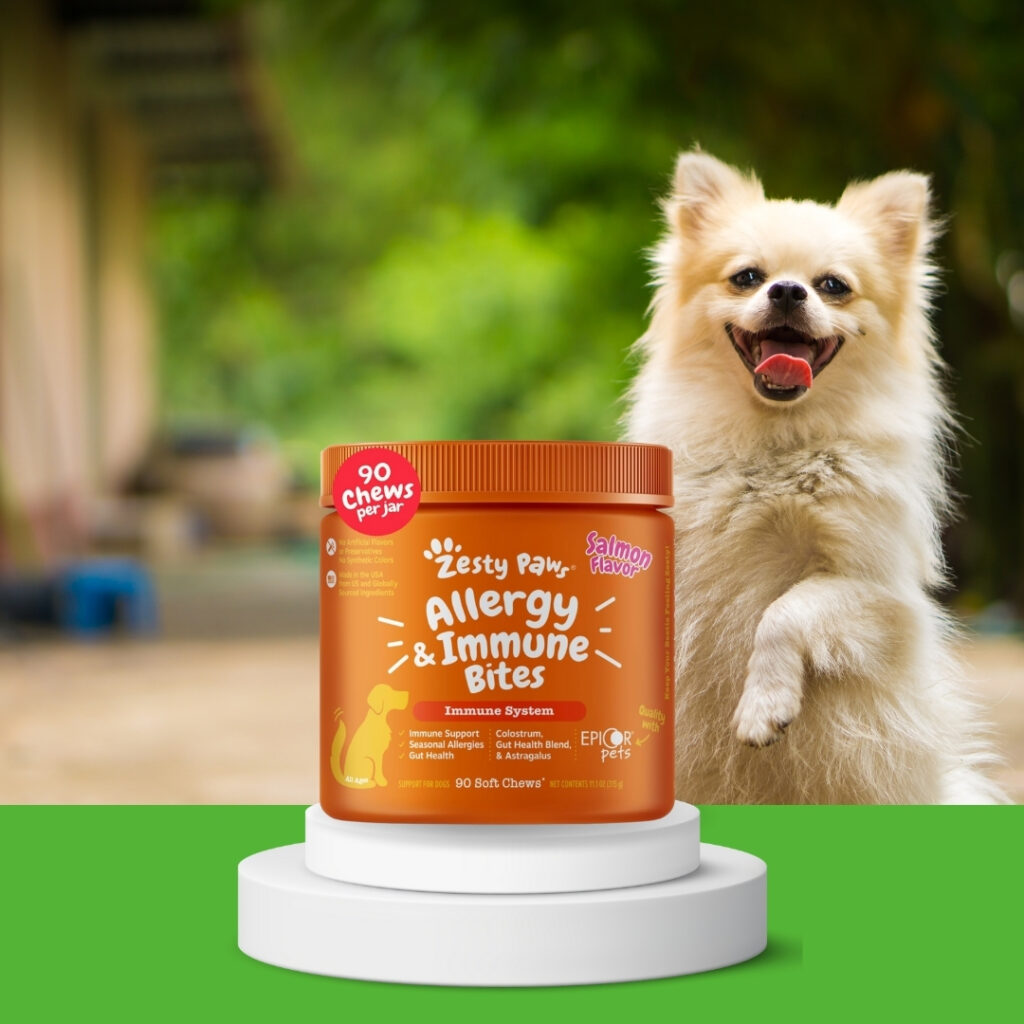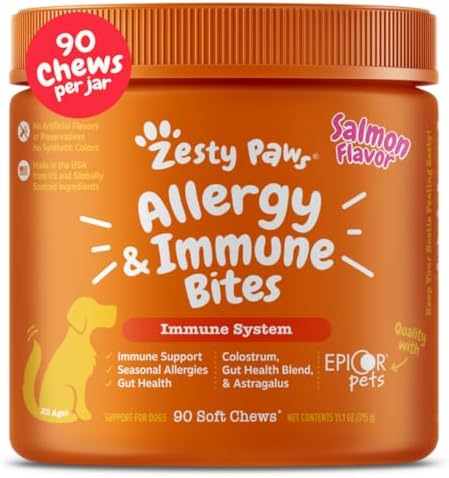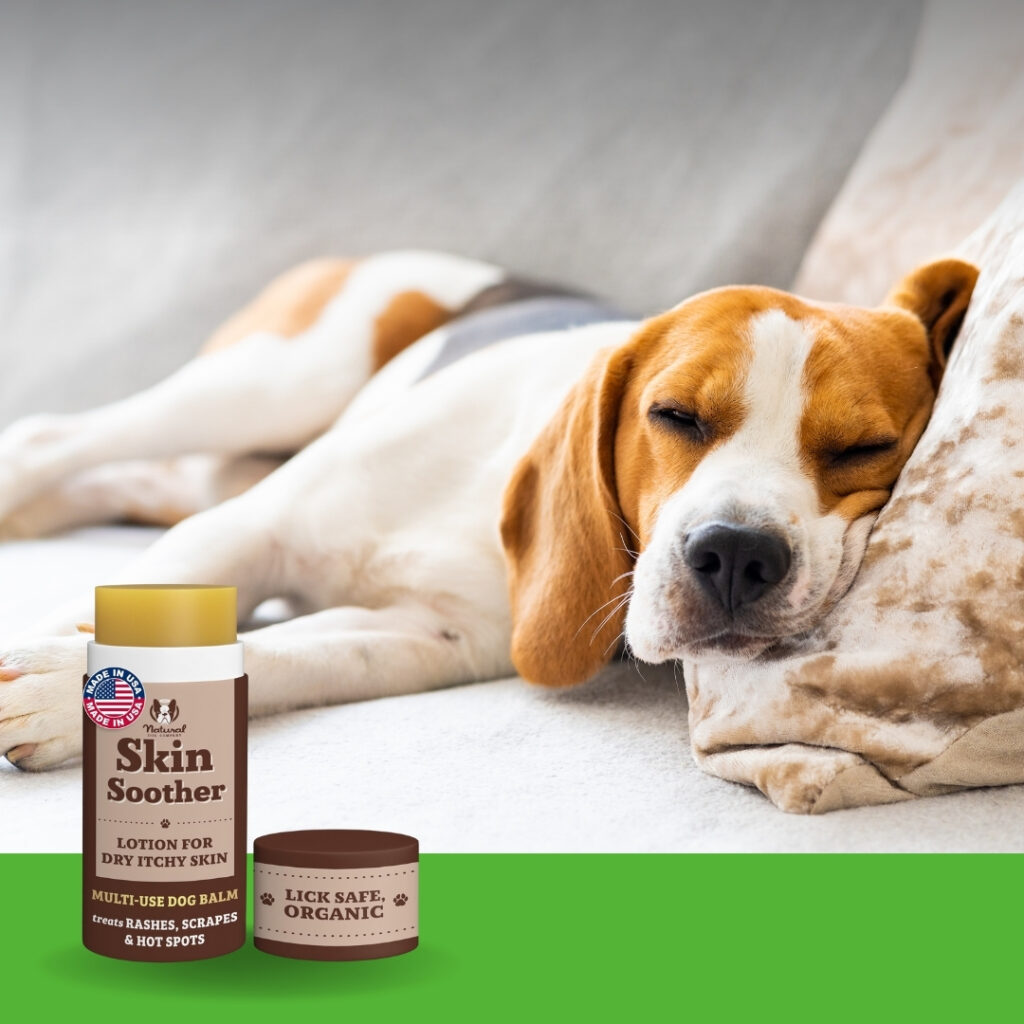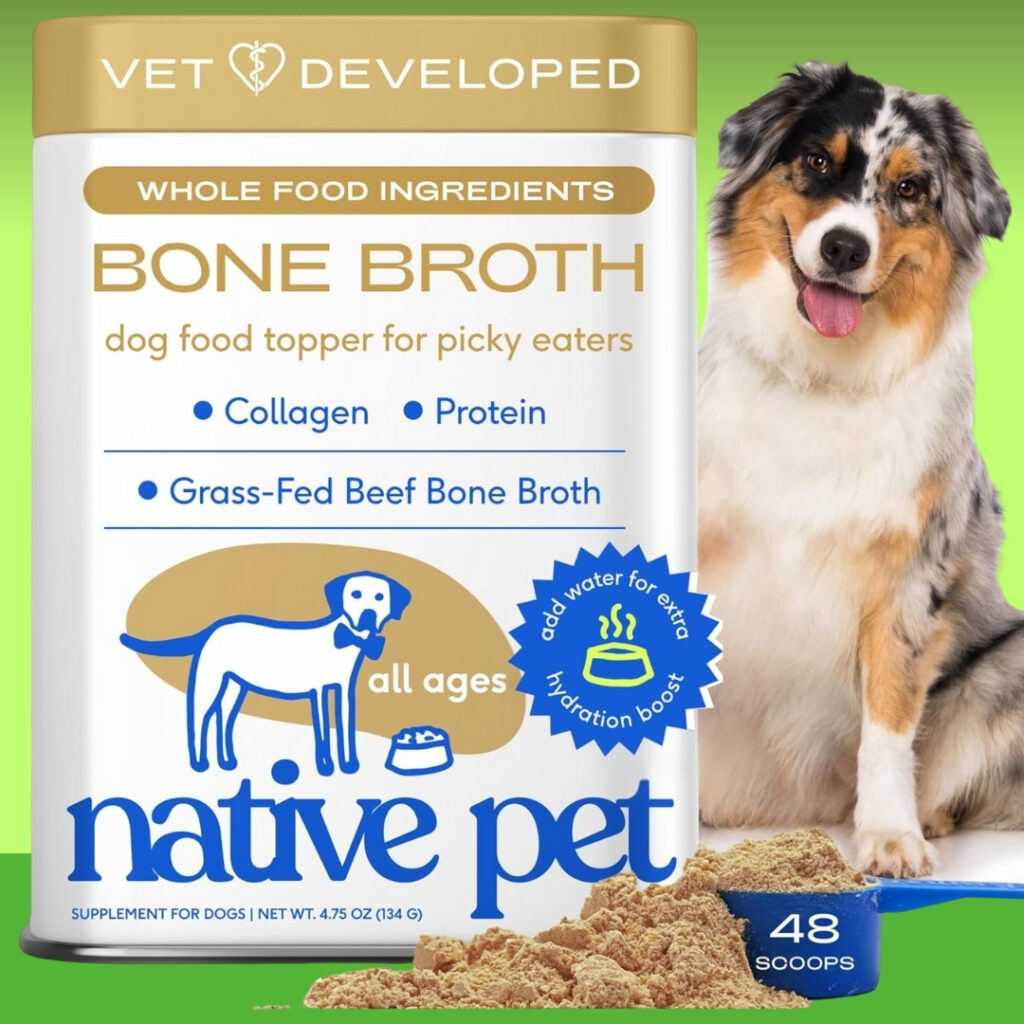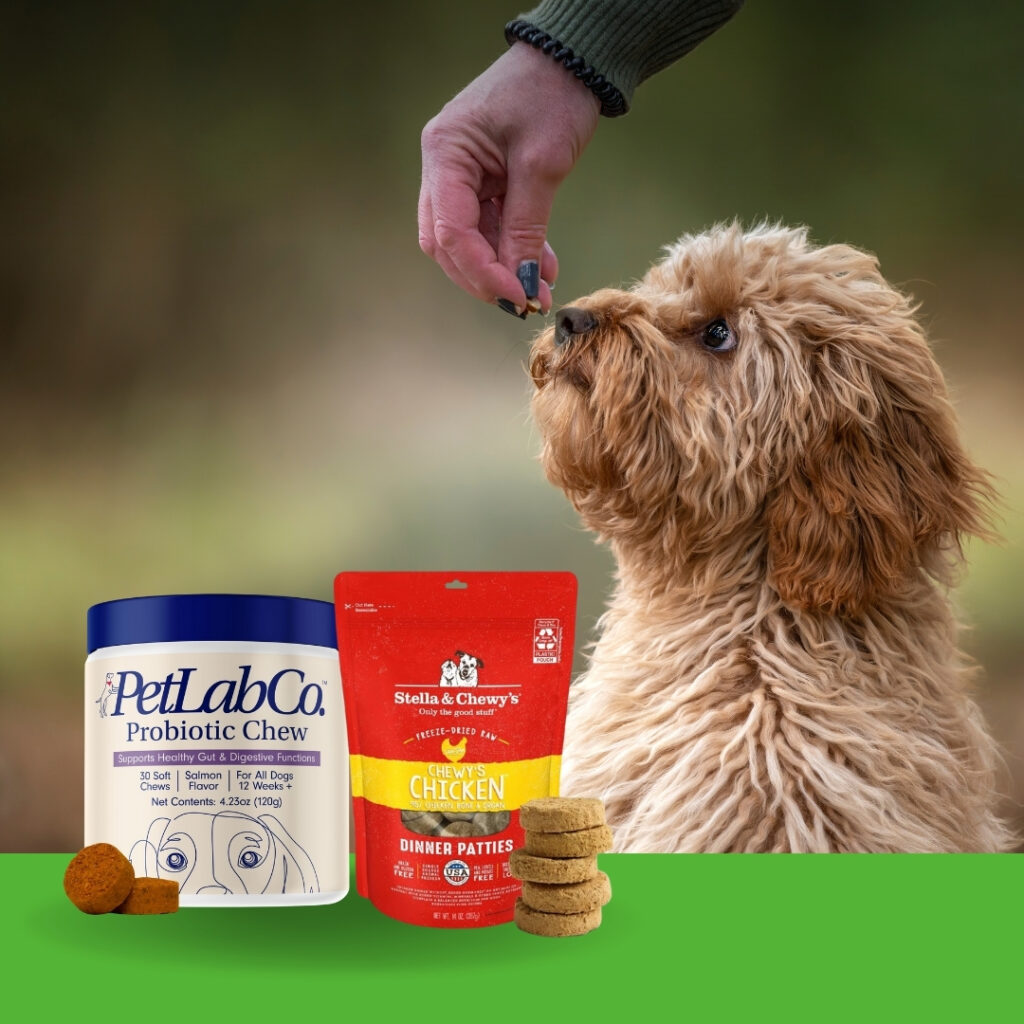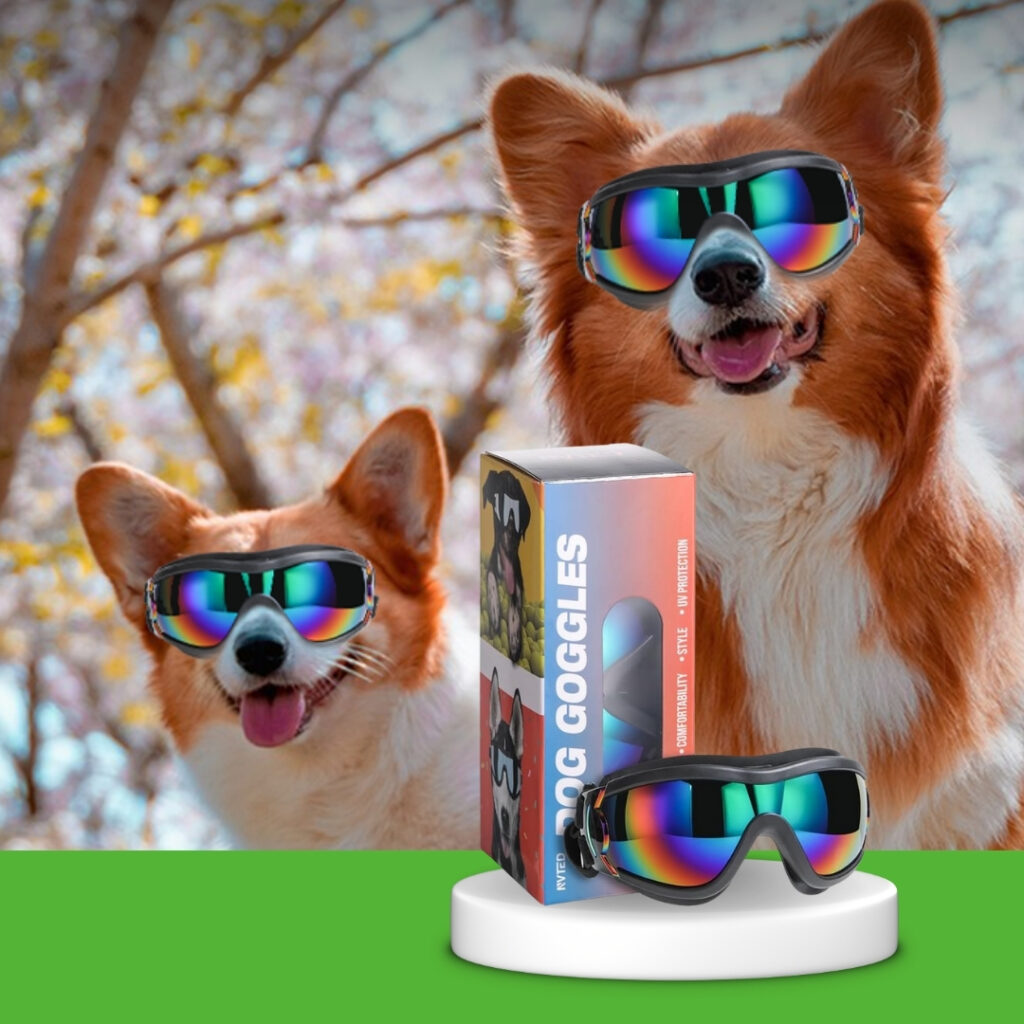If you’ve ever watched your pup go to town scratching like there’s no tomorrow, you know the vibe, somewhere between worried parent and detective with a magnifying glass. Seriously, I’ve lost way too many hours down the rabbit hole of “why is my dog so itchy?” forums and vet blogs. It’s wild how fast you can go from chill to full-on Dr. House for dogs.
So, here’s the deal: I’m laying out what actually works, not just the usual blah-blah about dog allergies and all those remedies people swear by on TikTok. We’re talking allergy meds for dogs, real-life itching hacks, and stuff that helps your furry sidekick feel comfy for the long haul. Honestly, if this saves just one dog from doing the wiggle-scratch dance at 2 a.m., my work here is done. Let’s figure this out together, your dog deserves it, and frankly, so do you.
- Introduction: A Sympathetic Beginning
- Understanding the Root Causes of Itching
- Holistic Approaches and Dog Itch Relief Strategies
- Personal Anecdote: Our Journey with Allergy Relief
- Deep Dive: Featured Product – Allergy Immune Supplement
- Side‑by‑Side: Allergy Strategies Compared
- Common Issues and Solutions
- Final Verdict and Recommendations
- FAQs
Introduction: A Sympathetic Beginning
When I realized my dog was plagued by constant itching and restless nights, it felt overwhelming. “Why is my dog itching so much?” I worried. My first step was to gather gentle solutions, from allergy food for dogs to safe supplements. I wanted something more than a quick fix, something that truly improved her life. We tried different dog allergy chews, skin allergy medicine for dogs, and even medicated shampoos. Over time, we discovered what worked and what didn’t.
If your dog is dealing with dog itching no fleas, dog itchy ears, dog itchy paws, or general dog constantly itching, you’re in the right place. Let’s explore how to help them feel better with care and science combined.
Understanding the Root Causes of Itching
Dogs scratch for many reasons. Here are the top causes:
- Environmental allergies: Pollen, mold, dust mites can lead to dog itching
- Food intolerances: leading to skin irritation around ears, paws, or butt (dog itchy butt)
- Insect bites or contact irritants
- Underlying medical conditions: yeast infections, bacterial skin conditions
If you’re asking, “why is my dog so itchy” or “why is my dog itching so much,” it’s often a combination of environmental triggers and sensitivities. Frequent veterinary consultation helps rule out serious causes before starting long‑term allergy relief for dogs.
Holistic Approaches and Dog Itch Relief Strategies
1. Allergy Food and Supplements
Switching to allergy dog food or specially formulated allergy food for dogs is a key move. These foods often use limited ingredients or novel proteins like salmon to reduce reactions. For example:
- A dog food for itchy skin based on salmon is often recommended, salmon for dogs is rich in omega‑3s, which support skin health and anti‑inflammatory action.
- In combination, I add allergy supplement chews or powders.
One standout product in our regimen is the
Zesty Paws Allergy Immune Supplement featuring salmon and immune support. It’s meant as dog allergy chews. I give it daily, typically with breakfast, and it has visibly reduced her scratching within a few weeks.
Customers impressed with its performance said things like: “Within just a few days she was scratching less and seemed calmer overall,” and “Her ears stopped looking red and she’s finally sleeping through the night without itching all the cushions.”
These paraphrased testimonials reflect consistent relief: dogs become visibly more comfortable, with less irritated skin and reduced ear inflammation.
- Treat Your Pup to Pawsome Ingredients – Made with premium ingredients that support digestive functio…
- Pawsome Immune Support – Zesty Paws Allergy & Immune Bites are pet supplements that support immune a…
- Featuring EpiCor Pets – EpiCor Pets is a whole food yeast fermentate that helps support the immune s…
2. Anti‑Itch Shampoos and Creams
Topical treatments offer immediate comfort. Consider:
- Anti itch dog shampoo: soothing oatmeal or aloe‑based formulas that reduce inflammation and cleanse allergens. Use once or twice a week.
- Anti itch cream for dogs and anti itch spray for dogs: for localized flare‑ups, like paws or itchy butt, these deliver cooling relief. Spot treat affected areas after bathing.
Using these helps with dog itchy skin relief quickly. In my experience, a gentle oatmeal shampoo made bath time a trusting ritual, not a fight, and led to calmer skin.
3. Oral Medications & Allergy Medicine
Sometimes we need deeper relief. When we wondered, can I give my dog Benadryl for itching, we consulted the vet. They confirmed yes, in correct dosage. We carefully measured and gave it occasionally for acute flare ups, particularly during pollen season.
Questions like how often can I give my dog Benadryl for itching came up. The general veterinary guideline is no more than 2–3 times a day at appropriate dosing (based on weight and vet advice). Always check with your vet first.
For long‑term management, there are allergy medication for dogs such as antihistamines or other prescribed pet allergy medicine. These may include topical or injectable options tailored for dogs who are dog constantly itching and scratching despite diet and supplements.
4. Environmental Management
Reducing irritants at home matters:
- Wash bedding and cushion covers weekly
- Use air purifiers to fight dust and pollen
- Wipe paws after walks to remove pollen, grass, or mold spores
- Keep grass trimmed and avoid areas with heavy pollen or weeds
This helps especially when dogs are dog itching but no fleas or itching is environmental rather than parasitic.
Personal Anecdote: Our Journey with Allergy Relief
Once, after switching to salmon‑based allergy dog food, I noticed my dog’s itchy paws started improving. We paired it with the Zesty Paws chews. I remember one evening she curled up quietly, no scratching at all. A few days later, I petted her ears and realized they were soft and calm, not red or inflamed. Her comfort reminded me why this journey is worth it.
Listening to your dog’s behaviors and giving them time to respond matters. Relief isn’t overnight, but with consistency, results show.
Deep Dive: Featured Product – Allergy Immune Supplement
Zesty Paws Allergy Immune Supplement (Salmon Flavor–Allergy Chews)
How and When to Use:
- Administer daily with meals, usually morning or evening with food.
- Feeding regimen: one chew per 25 lbs of dog weight (check label).
- Use continually for at least 4–6 weeks to see noticeable skin and ear improvement.
Tangible Results Observed:
- Reduced dog constantly itching and scratching within two weeks.
- Less redness and inflammation around ears and paws.
- Improved sleep, more relaxed behavior.
- Improved tolerance to grass and pollen season.
Summary of User Feedback (paraphrased):
- “My pup avoided the chew at first, but after trying again, she now waits at her bowl, and scratching is noticeably reduced.”
- “My dog used to shake his head and scratch ears constantly; after a month of using these, ear itching is nearly gone.”
As someone who uses it myself, I’ve seen calmer skin, healed irritated patches, and a happier attitude.
- Treat Your Pup to Pawsome Ingredients – Made with premium ingredients that support digestive functio…
- Pawsome Immune Support – Zesty Paws Allergy & Immune Bites are pet supplements that support immune a…
- Featuring EpiCor Pets – EpiCor Pets is a whole food yeast fermentate that helps support the immune s…
Side‑by‑Side: Allergy Strategies Compared
| Strategy | Use Case | Benefit |
|---|---|---|
| Allergy dog food (salmon) | Long‑term diet change | Supports skin health, reduces triggers |
| Allergy supplement chews | Daily support with food | Immune balance and itch reduction |
| Anti itch dog shampoo | Weekly topical cleansing | Soothes inflamed, itchy skin |
| Anti itch spray or cream | Spot treatment for flare‑ups | Immediate cooling relief |
| Benadryl or vet meds | Acute symptom control | Reduces histamine reactions |
Using these in combination, as appropriate, gives a layered approach. Diet supports from within, supplements reinforce immunity, topical products soothe instantly, and meds provide relief when allergies peak.
Common Issues and Solutions
Dog itchy ears
Often caused by environmental allergens or yeast overgrowth. Regular cleaning with vet‑recommended drops plus supplement support can bring ears back to calm.
Dog itchy paws
Pollen and grass gather between pads. Wiping paws after outdoor time and using anti itch spray for dogs helps soothe irritation.
Dog itchy skin relief on impacted areas
Topical creams for specific hotspots (elbows, armpits, tail base) provide immediate comfort. Combine with diet changes and supplements to reduce recurrence.
Dog itchy butt
May stem from anal gland irritation or skin sensitivity. Warm compresses and a mild anti‑itch cream can ease discomfort. If persistent, check gland health with the vet.
Final Verdict and Recommendations
If your beloved companion is dog constantly itching, with flare‑ups in ears, paws, or skin, a thoughtful, layered plan offers the best chance at relief:
- Start with allergy food for dogs, preferably salmon‑based, combined with dog allergy supplement chews like Zesty Paws to deliver allergy relief for dogs from the inside.
- Support with anti itch dog shampoo weekly and spot‑treat with anti itch spray for dogs or cream for hot spots.
- Consult your vet about can I give my dog Benadryl for itching and whether a prescribed allergy medicine for dogs is needed for moderate to severe cases.
- Improve home environment and grooming routine to reduce exposure to triggers.
Personally, integrating salmon dog treats, the Zesty Paws supplement, and careful topical care has made an enormous difference. My dog’s skin is calmer, ears are clean, and she’s happier.
- Treat Your Pup to Pawsome Ingredients – Made with premium ingredients that support digestive functio…
- Pawsome Immune Support – Zesty Paws Allergy & Immune Bites are pet supplements that support immune a…
- Featuring EpiCor Pets – EpiCor Pets is a whole food yeast fermentate that helps support the immune s…
If your dog is showing signs of discomfort with redness, itching, or constant scratching, take action today: try combining high‑quality allergy food, an immune‑supporting supplement like the Zesty Paws Allergy Immune Supplement, and gentle topical care. Share your experience with us or ask questions below, let’s help every dog live scratch‑free and happy!
FAQs
When I first met my rescue, Piper, at the shelter, she was just a bundle of nerves, hiding in the back of her kennel, too scared to even look at me. The first few months were heartbreaking; she was terrified of everything. I almost gave up. But one afternoon, working on a simple ‘touch’ command, something clicked. I saw a flicker of trust in her eyes, a tiny wag of her tail.
That single moment changed everything. We channeled her anxiety into agility training, not to win ribbons, but to build her confidence step-by-step. Seeing that fearful shelter dog now leap over hurdles with joy is a constant reminder that with enough patience and understanding, any dog can learn to trust the world again.

